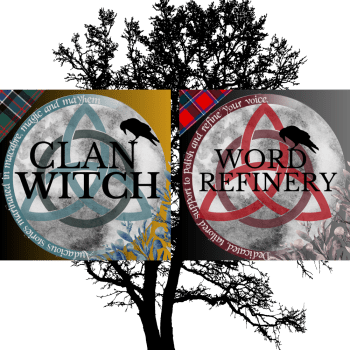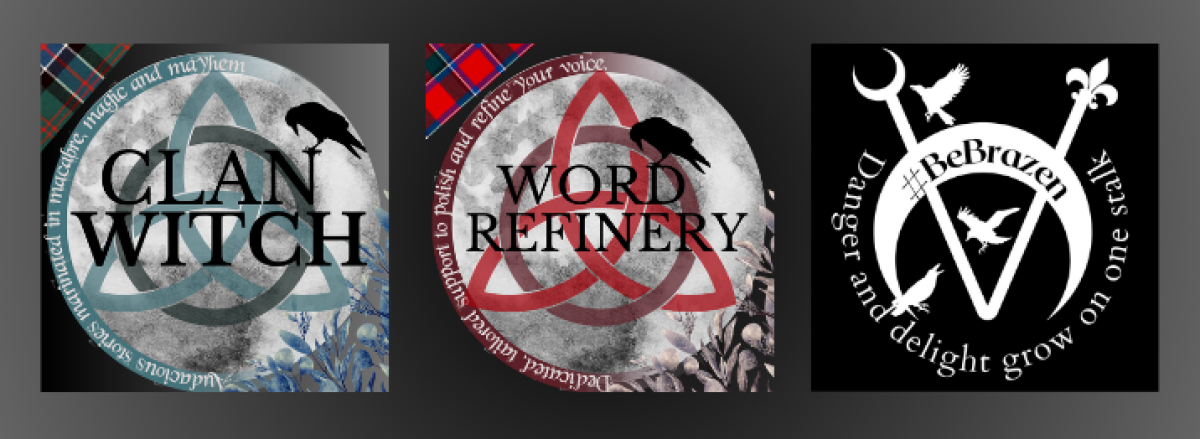I will admit something that, like so many independent writers, can be torn apart. And I also acknowledge there can be pitfalls – some gatekeepers regard this audacious move as career suicide regardless of experience or qualifications.
Not only do I professionally edit works for other writers, businesses and publishers, but I do something else regarded as a grave sin.
I, as a writer, self-edit, and I publish it!
I must be insane, right?
Imagine an artist controlling their art! Ensuring every stroke of the brush is theirs. The absurdity!
Editing is an independent skill in writing. This is a fact. With that, it is true that an editor isn’t necessarily a skilled storyteller and vice-versa. These can be common misconceptions. I have read poorly self-edited work and work edited by so-called editors who were glorified spell-checkers and saw themselves as prescriptive grammarians, thus stripping a piece of style and substance. Editing (in the independent writing and publishing world) is a highly sought-after skill and grossly undervalued.
I have spent much of my life writing and editing across many forms, and when I began publishing books in 2018, I honestly did not consider passing them through an external editor’s desk. Ignorance at the time was perhaps in part to play. I, admittedly, did not consider hiring an editor as part of the process. And now, with a couple of years of publishing experience where I have learnt something new with every title and even when working with others, would I change it? Personally, no.
Why? Well, I’ve worked with editors and writers who take prescriptive approaches, and in such methods, so not hold a place in creative writing. I’ve also been ‘edited’ by terrible communicators who have ignorantly ‘corrected’ spellings of Celtic or Scots words to a form of English, thus destroying critical seeds of the story and publishing their mistakes in my work under my name. An editor’s job is to polish and enhance, to bring out the best in a writer’s work, not diminish their voice and make them look stupid. I’ve learned many lessons from both. In my writing and skilled self-editing, I’d rather make my own mistakes that I can correct than have someone else do it and not take responsibility and rectify their shortcomings.
Rigid, prescriptive processes can have their place when writing for a corporate audience and developing educational materials, in which I have much experience. But artistically, a prescriptive approach to editing has no place; one size does not fit all.
My choice to self-edit is not one I take lightly. As a freelance editor, I am not ignorant about the depth of such a task, and as with any other piece of written material that crosses my desk, I consider, correct and develop: punctuation, spelling, syntax, morphology, overall structure, make cuts of redundancies, tautologies and lines or passages that don’t drive the story forward, and of course, consider developmental opportunities, and the author or publisher’s specified needs and style which I always discuss prior to working with them. I consider the narrative voice and those of the characters to ensure they read authenticity. And another vital component is style — a piece of creative writing should have rhythm and motion, like a great painting or music. If it’s rigid and static, as it would be following a prescriptive approach, it would be stale.
Even with such vigorous attention to my work and my clients, I am not infallible. No editor is, and I don’t trust anyone who portrays themselves as so. Neither should you.
![]() LIMITED TIME
LIMITED TIME ![]()














